The child was taken to Phu Tho Provincial General Hospital for emergency treatment in early December, where doctors concluded that she had peripheral facial nerve paralysis (cranial nerve VII) due to the cold. According to the family, that night she was taken out for a ride on a motorbike and didn't return home until around 9 PM. It was cold, but she wasn't wearing a hat or warm clothing.
The child was treated with a combination of acupuncture, hydro-acupuncture, massage, acupressure, and infrared therapy. However, due to the child's young age and limited cooperation with medical staff, the treatment process faced many difficulties.
On December 24th, Dr. Phan Huy Quyet, Head of the Traditional Medicine Unit at the Center for Traditional Medicine and Rehabilitation, stated that after three weeks of treatment, the child's condition had improved significantly, with eyes closed tightly, mouth no longer crooked, and normal activities, allowing for discharge from the hospital.
The seventh cranial nerve is a motor nerve that controls facial muscle movement. Peripheral facial nerve palsy is a condition characterized by complete loss of movement or weakness of the muscles on one side of the face, occurring when this nerve is compressed and inflamed.
75% of cases occur when the body is exposed to sudden cold. This can happen when the body is weakened, combined with habits such as having air conditioners or fans blowing directly on the face, showering at night, getting wet in the rain, going from an air-conditioned room to hot weather, or suddenly going from outside to an air-conditioned room.
Peripheral facial nerve paralysis (cranial nerve VII) is mostly not life-threatening. However, in the long term, if left untreated, it can progress to spastic paralysis, affecting emotions and aesthetics such as facial asymmetry, crooked mouth, inability to close the eye completely, hemifacial spasms, corneal ulcers, etc.
Prevent facial nerve paralysis (cranial nerve VII) by keeping children's heads, faces, and necks warm. In cold weather, avoid opening doors suddenly to prevent cold wind from blowing directly onto the child's face. In hot weather, do not let fans or air conditioners blow directly on the child's face while sleeping. In the evening, do not let children sit near windows to avoid drafts. Limit children's outdoor activities at night; if they do go out, dress them warmly, wrap them in scarves, wear hats, and keep playtime short. When traveling long distances, keep their jaws warm, wear masks, and do not let them sit in the front of the vehicle.
You should bathe your child during one of two time slots: 9:30-10:30 AM or 1:00-4:00 PM. Bathing time should only be about 5-10 minutes for older children and no more than 2-3 minutes for younger children.
Le Nga
Source link



![[Photo] Prime Minister Pham Minh Chinh receives Lao Minister of Education and Sports Thongsalith Mangnormek](/_next/image?url=https%3A%2F%2Fvphoto.vietnam.vn%2Fthumb%2F1200x675%2Fvietnam%2Fresource%2FIMAGE%2F2025%2F12%2F16%2F1765876834721_dsc-7519-jpg.webp&w=3840&q=75)
![[Image] Leaked images ahead of the 2025 Community Action Awards gala.](/_next/image?url=https%3A%2F%2Fvphoto.vietnam.vn%2Fthumb%2F1200x675%2Fvietnam%2Fresource%2FIMAGE%2F2025%2F12%2F16%2F1765882828720_ndo_br_thiet-ke-chua-co-ten-45-png.webp&w=3840&q=75)
![[Photo] Prime Minister Pham Minh Chinh receives the Governor of Tochigi Province (Japan)](/_next/image?url=https%3A%2F%2Fvphoto.vietnam.vn%2Fthumb%2F1200x675%2Fvietnam%2Fresource%2FIMAGE%2F2025%2F12%2F16%2F1765892133176_dsc-8082-6425-jpg.webp&w=3840&q=75)
![[Live] 2025 Community Action Awards Gala](/_next/image?url=https%3A%2F%2Fvphoto.vietnam.vn%2Fthumb%2F1200x675%2Fvietnam%2Fresource%2FIMAGE%2F2025%2F12%2F16%2F1765899631650_ndo_tr_z7334013144784-9f9fe10a6d63584c85aff40f2957c250-jpg.webp&w=3840&q=75)
![[Image] The tenacious fighting spirit of Vietnamese women's football](/_next/image?url=https%3A%2F%2Fvphoto.vietnam.vn%2Fthumb%2F1200x675%2Fvietnam%2Fresource%2FIMAGE%2F2025%2F12%2F17%2F1765990260956_ndo_br_4224760955870434771-copy-jpg.webp&w=3840&q=75)






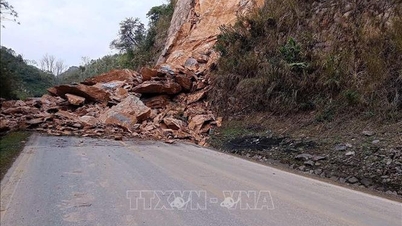



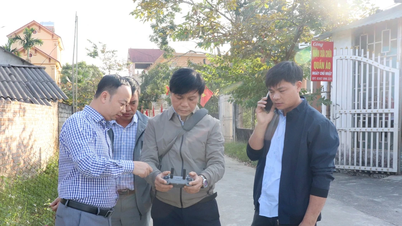



























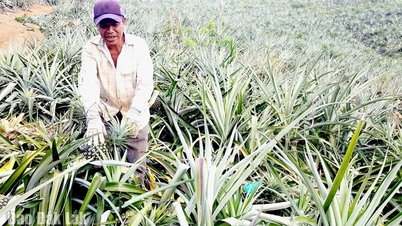




































![[Live] Closing Ceremony and Award Presentation for the "Impressive Vietnam Tourism" Video/Clip Creation Contest 2025](https://vphoto.vietnam.vn/thumb/402x226/vietnam/resource/IMAGE/2025/12/17/1765974650260_z7273498850699-00d2fd6b0972cb39494cfa2559bf85ac-1765959338756946072104-627-0-1338-1138-crop-1765959347256801551121.jpeg)




















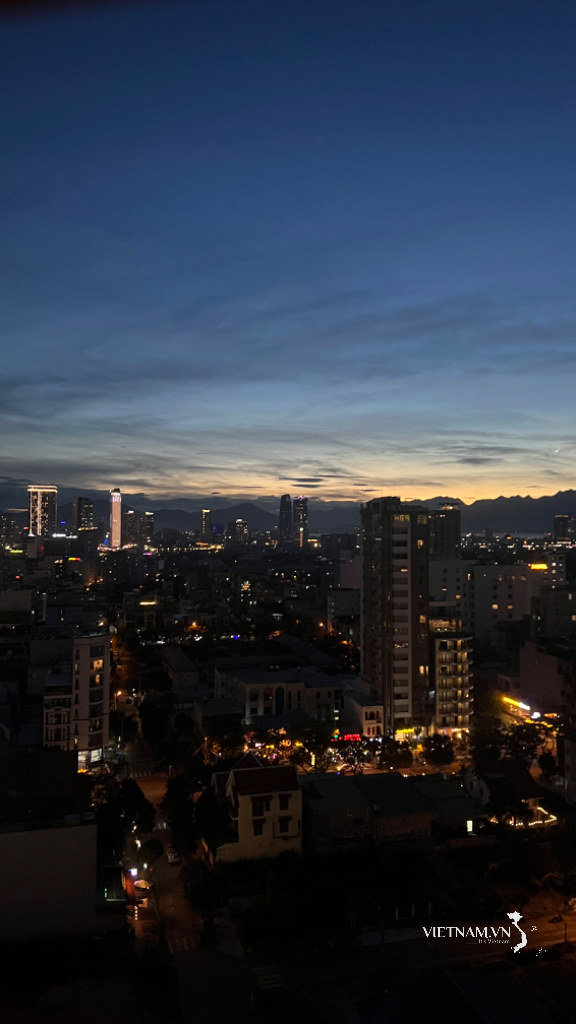


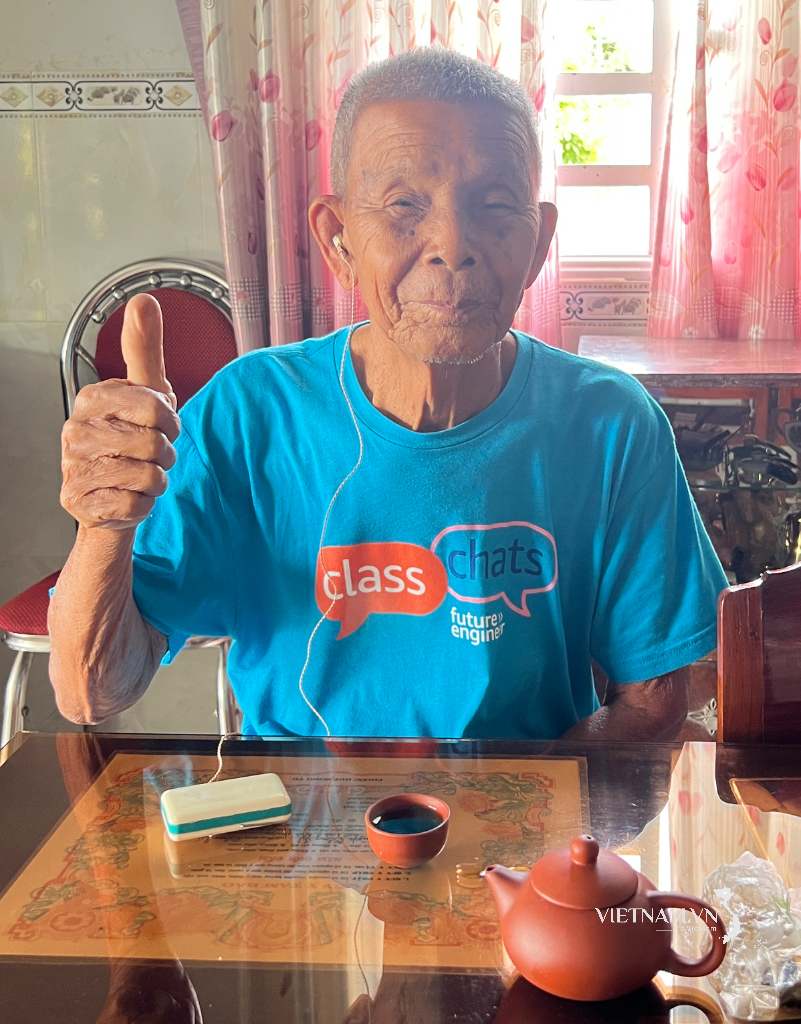
Comment (0)